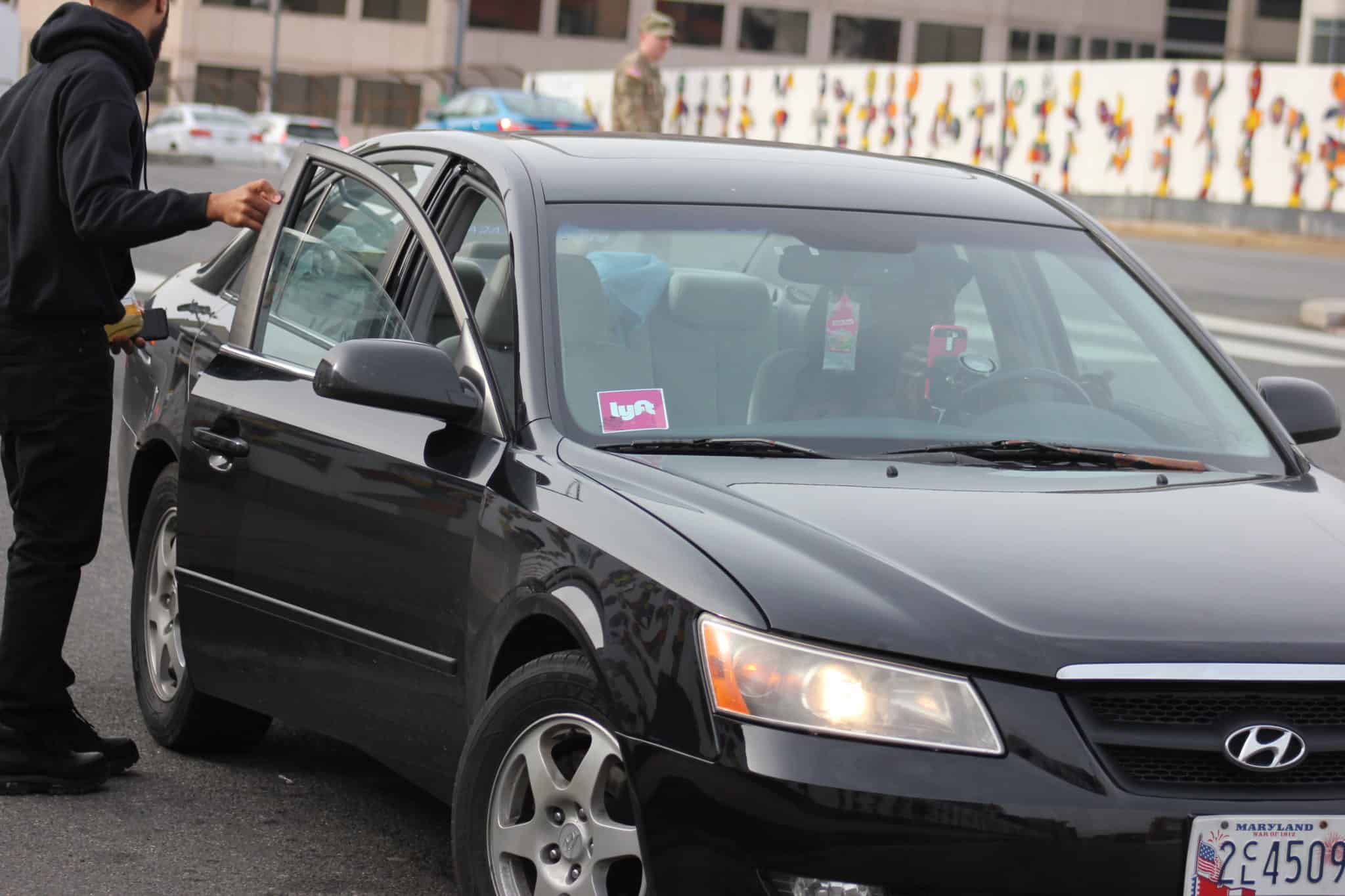
Fred Messner is a student at Harvard Law School.
Reuters reported yesterday that Kellogg Co. plans to hire permanent replacements for approximately 1,400 workers who have been on strike from four plants across the Midwest and Southeast since early October. Kellogg had previously threatened to replace striking workers but reiterated its threat—and announced that it had no plans to bargain further with the union—after workers rejected a revised contract proposal that would have preserved a two-tier compensation structure unfavorable to newer workers. OnLabor’s own David Doorey posted an analysis last night explaining the roots of American labor law’s permissive stance on striker replacements—and how Canada’s more pro-worker approach offers an alternative model.
The Guardian explored the term “student-athlete” in an article this morning about labor issues in college sports. Objections to the term, The Guardian explained, are widespread because it obscures the extent to which these athletes are workers and presents a misleading impression that they retain the freedom to put school first. Even NLRB General Counsel Jennifer Abruzzo has weighed in, taking “direct aim at the NCAA’s use of the term” as undermining college athlete’s efforts to organize for workplace rights. As one such athlete emphasized, “It is silly to try and pretend that we function as regular students who simply participate in an extracurricular activity. This is a job.” Elsewhere in university worker issues, graduate students at Columbia University continue to picket as the university has escalated its efforts to break the students’ second strike of the year. As Nikita explained on the blog over the weekend, Columbia recently notified striking students of its plans to recruit permanent replacements for workers who do not return to work by December 10th.
Finally, in international news, Politico and Reuters have obtained a draft of European Commission rules that would force certain online platform companies to reclassify their workers into an employment structure closely analogous to the “employee” category in the U.S. The classification scheme appears to rely on a “control” test. According to Reuters, “workers could be classified as employees if online platforms determine their pay, set conduct and appearance standards, supervise the performance of work through electronic means, restrict their ability to choose their working hours or tasks, and prevent them from working for third parties.” Roughly 2–4 million gig workers (out of 28 million across the EU), could be affected by the new rules, according to the EC’s own estimates. The move would be a welcome one and comes as American jurisdictions may be trending in the opposite direction. After securing independent contractor status (albeit with some minor concessions) in California through Prop 22, gig companies have begun pushing similar initiatives in other states. Regardless of what happens in Europe, the fight for security and fair wages is sure to continue stateside for the foreseeable future.






Daily News & Commentary
Start your day with our roundup of the latest labor developments. See all
March 3
In today’s news and commentary, Texas dismantles their contracting program for minorities, NextEra settles an ERISA lawsuit, and Chipotle beats an age discrimination suit. Texas Acting Comptroller Kelly Hancock is being sued in state court for allegedly unlawfully dismantling the Historically Underutilized Business (HUB) program, a 1990s initiative signed by former Governor George W. Bush […]
March 2
Block lays off over 4,000 workers; H-1B fee data is revealed.
March 1
The NLRB officially rescinds the Biden-era standard for determining joint-employer status; the DOL proposes a rule that would rescind the Biden-era standard for determining independent contractor status; and Walmart pays $100 million for deceiving delivery drivers regarding wages and tips.
February 27
The Ninth Circuit allows Trump to dismantle certain government unions based on national security concerns; and the DOL set to focus enforcement on firms with “outsized market power.”
February 26
Workplace AI regulations proposed in Michigan; en banc D.C. Circuit hears oral argument in CFPB case; white police officers sue Philadelphia over DEI policy.
February 25
OSHA workplace inspections significantly drop in 2025; the Court denies a petition for certiorari to review a Minnesota law banning mandatory anti-union meetings at work; and the Court declines two petitions to determine whether Air Force service members should receive backpay as a result of religious challenges to the now-revoked COVID-19 vaccine mandate.